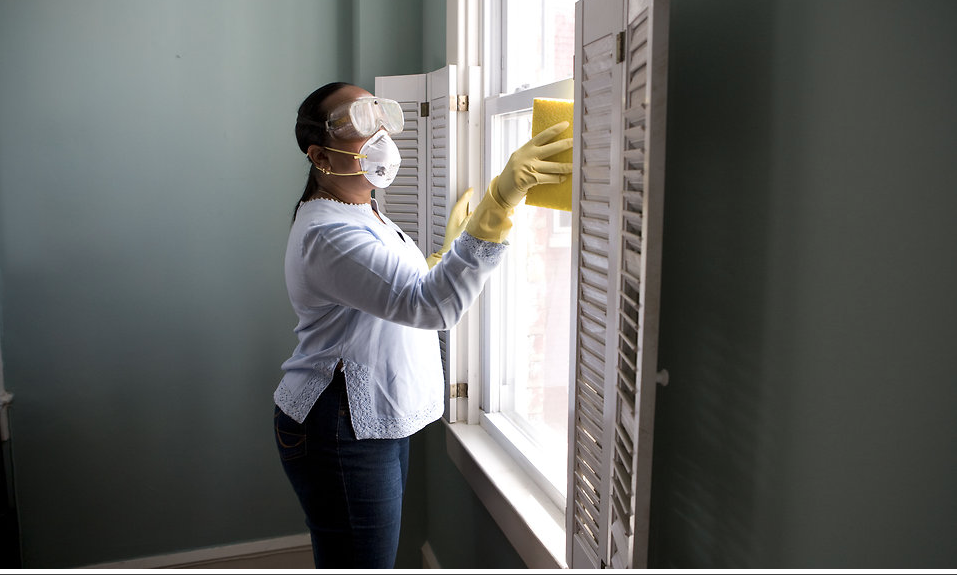
They Cleaned Other People’s Homes. Now They Fear They’re Sick
Post by Josh McKechney. Colgate Class of 2020. “They Cleaned Other People’s Homes. Now They Fear They’re Sick,” New York Times, April 6, 2020.
The article illuminates the need for housekeepers and nannies to continue working during the coronavirus pandemic in order to stay financially afloat. With the ongoing risk of exposure to the virus many housekeepers who are often undocumented immigrants must make an important decision. This decision is either choose to work and maintain a weekly income, or put their health first and become unemployed for the time being. The New York Times post highlights a few, select individuals who are undocumented immigrants continuing to work during the pandemic in order to financially support their families.
The coronavirus is proving to be economically detrimental on both a micro and macro scale. Those with lower incomes are being forced to work, clean and provide manual labor during this harsh time. Along with other domestic workers, undocumented immigrants do not qualify for most aid provided by the government. However, undocumented immigrants have been granted access to specific medical benefits that provide free testing and treatment for the coronavirus. Undocumented immigrants are still excluded from the federal government’s $2 trillion dollar stimulus package. In many ways this seems unfair for undocumented immigrants who make up a vast majority of labor force workers. Considering their participation in essential labor during the pandemic, being isolated from the stimulus package dispersed by the federal government seems biased to native workers. Without their participation in the workforce grocery stores, buildings, trains, other types of public transportation and even small families would suffer. The economy would face an even greater downfall and the supply of necessary resources would be scarcer.
Undocumented immigrant workers finding themselves at the low-income end of society’s workforce face a major decision: continue to work, risk their health and receive pay to afford basic necessities, or become unemployed and decrease the chance they contract the coronavirus. With undocumented workers not reaping the majority of financial aid offered by the federal government these immigrants are finding themselves risking their lives to continue working for essential services like housekeeping and cleaning other public places.